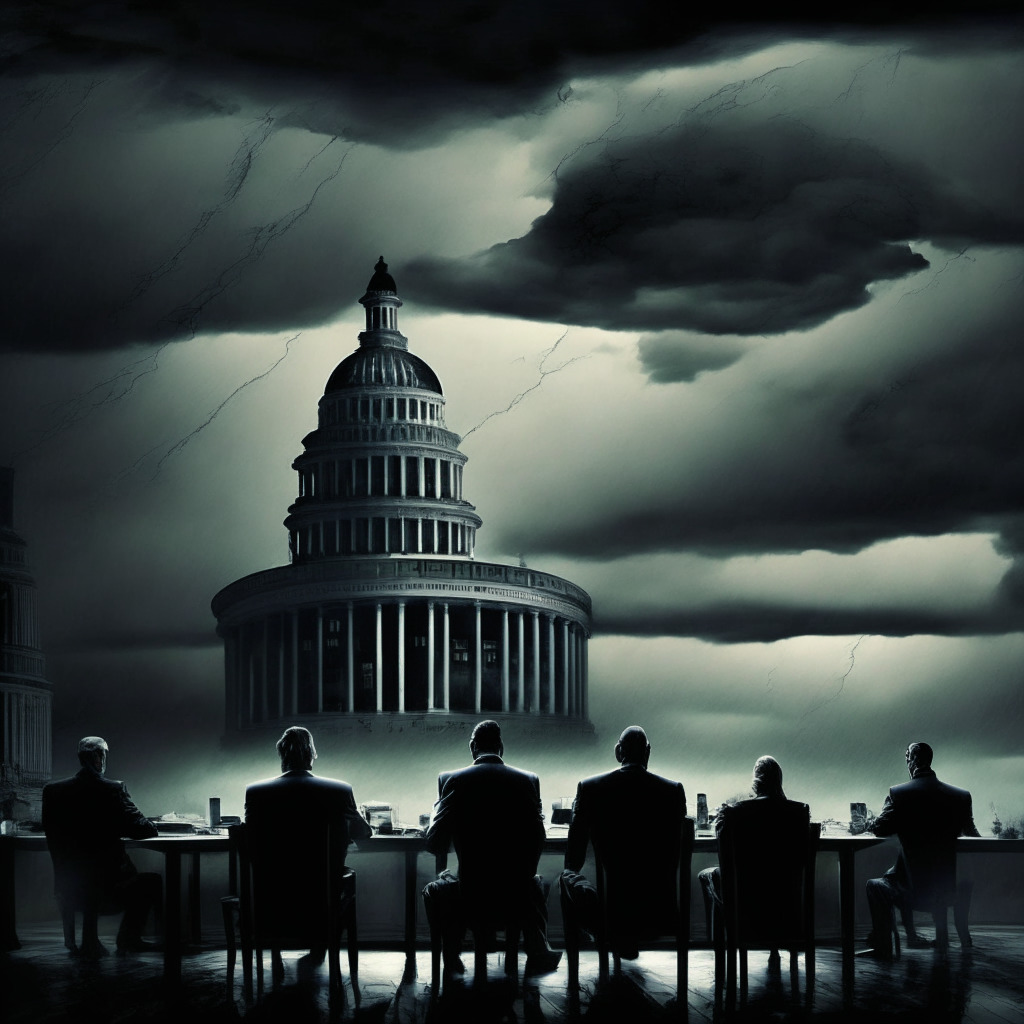The recent wind-up of the cryptocurrency exchange, FTX, appears to be heading down a costly path, with professional fees accumulating to over $200 million as stated by a court-appointed examiner. In a filed document on Tuesday, Katherine Stadler, a bankruptcy attorney appointed in March to examine said fees, disclosed that nearly 35,000 billable hours had been logged by lawyers and other professionals by the end of January. These costs already make up a considerable 2% of the estate assets and a staggering 10% of reported cash.
Stadler highlighted that what makes this case stand out is the largely unregulated financial system where FTX and other similar fintech companies operate. This issue has been further illustrated by the “nonexistence of even the most basic corporate governance” at the cryptocurrency exchange. Interestingly, this observation mirrors the criticism directed towards FTX by its new CEO, John J Ray III.
Despite the substantial fees, Stadler acknowledges the noteworthy work done by professionals involved in the case. She stated that very few firms could have managed to transform “a smoldering heap of wreckage into a functioning Chapter 11 debtor-in-possession” in a mere 90 days. The period following the bankruptcy declaration was characterized as an “all hands on deck” crisis.
However, not all of the fees directly align with the needs of the case. Consequently, Stadler has requested that some of the costs be reduced. Specifically, she has asked lead counsel Sullivan & Cromwell to decrease its $42 million bill by approximately $650,000, citing reasons such as overstaffing, excessive meetings, and unclear documentation.
Since the collapse of FTX in November, CEO Ray has been working tirelessly to resolve the exchange’s affairs. Some of his filings suggest an attempt to restart operations under the name FTX 2.0. Meanwhile, a bid by the U.S. government for an independent examination into the downfall of FTX has been referred to the Court of Appeals.
In conclusion, the winding-up process of FTX is both time-consuming and financially draining, becoming “very expensive by any measure.” The unregulated nature of the financial systems surrounding the crypto exchange, as well as the lack of basic corporate governance, poses major concerns for stakeholders. As more information around this case unfolds, decisive action by authorities to regulate such financial systems might play a crucial role in preventing similar failures in the future.
Source: Coindesk




